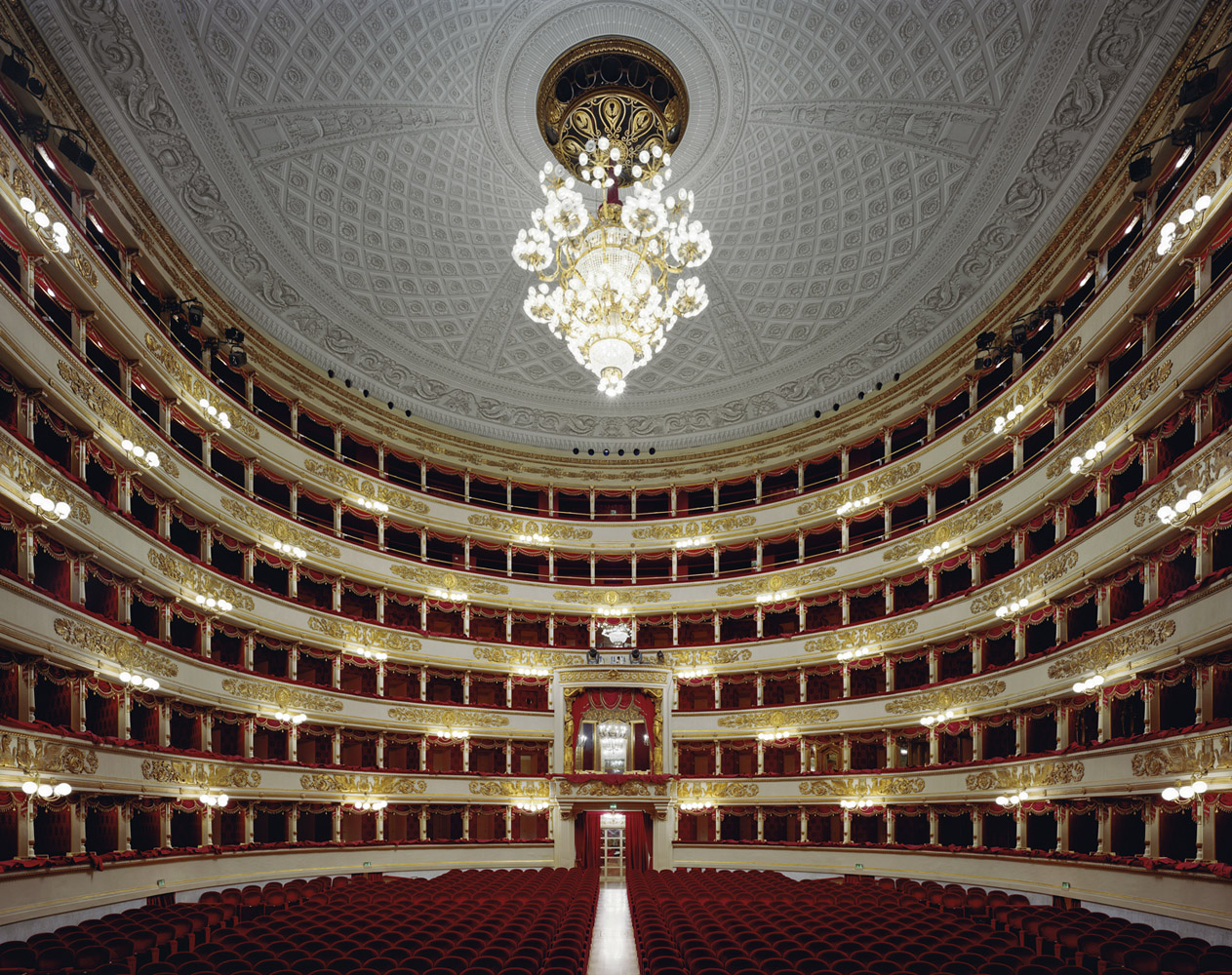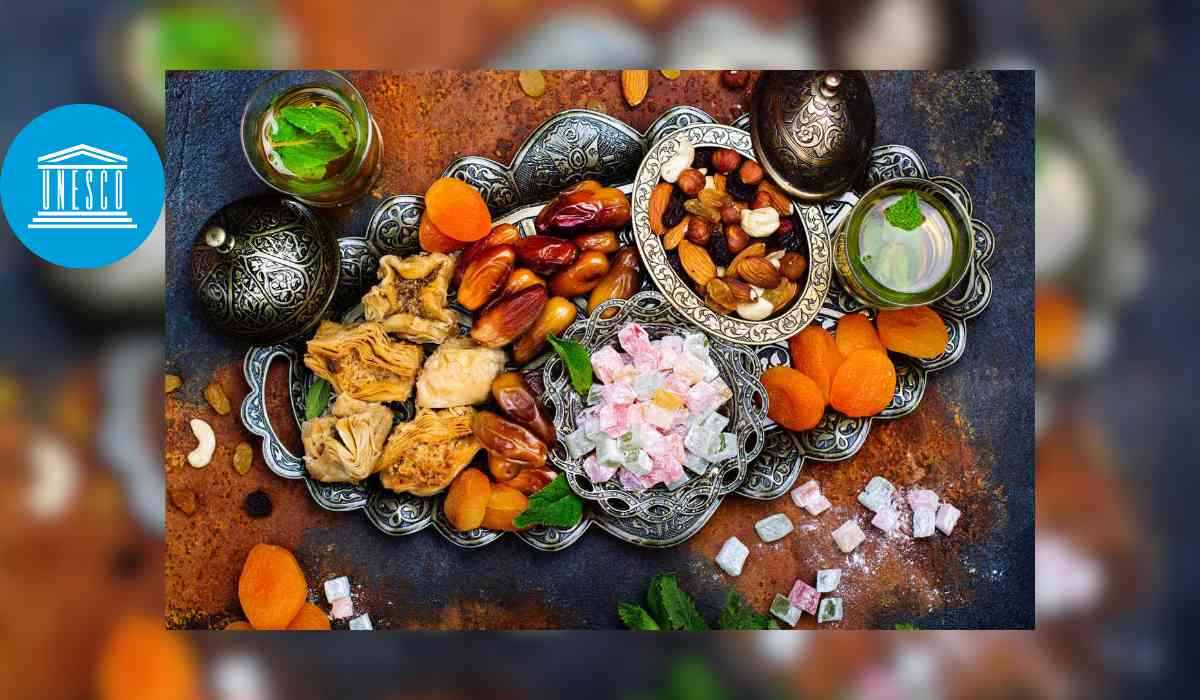UNESCO, the UN Educational, Scientific and Cultural Organisation, made a significant addition to its list of intangible cultural heritage by including Iftar, the evening meal Muslims partake in to break their fast during the sacred month of Ramzan. The joint effort of Iran, Turkey, Azerbaijan, and Uzbekistan led to the submission of the application for Iftar's inclusion in UNESCO's esteemed list.

The Significance of Iftar:
Described by UNESCO as a practice observed by Muslims during Ramazan at sunset, Iftar marks the conclusion of religious and ceremonial rituals. This event, occurring after the sunset call to prayer, holds deep ties to fostering familial and communal bonds, promoting values of charity, solidarity, and social interaction.

Recognition by the Intergovernmental Committee:
During the ongoing meetings held in Botswana, the Intergovernmental Committee for the Safeguarding of Intangible Cultural Heritage formally recognized this age-old traditional Muslim observance. Across numerous Muslim nations, the custom of breaking the fast during Iftar commonly involves consuming dates and tea, though the specific recipes for pastries and dishes differ widely from one region to another.
UNESCO noted that the practice of Iftar is typically transmitted within families, with children and youth often taking on the responsibility of preparing components of traditional meals, thereby ensuring the continuity of this cultural heritage.
Italian Opera Singing Joins the Prestigious List:
Alongside Iftar, UNESCO welcomed Italian opera singing onto its list of intangible global heritage. This art, transferred solely through oral means between pupil and maestro, garners global attention and interest among students worldwide.

Italy’s Culture Minister Gennaro Sangiuliano expressed delight at UNESCO's decision, affirming that this recognition solidifies opera singing as a global treasure. Originating in Italy, the birthplace of renowned figures like Verdi and Scarlatti, Italian opera has historically resonated across the world, producing some of the most iconic arias known to humanity.
UNESCO described Italian opera singing as a method of vocalization requiring physiological control, enhancing the voice's resonance in spaces like amphitheatres and churches, highlighting its unique significance in acoustic environments.
(With inputs from agencies)
© Copyright 2023. All Rights Reserved Powered by Vygr Media.
























